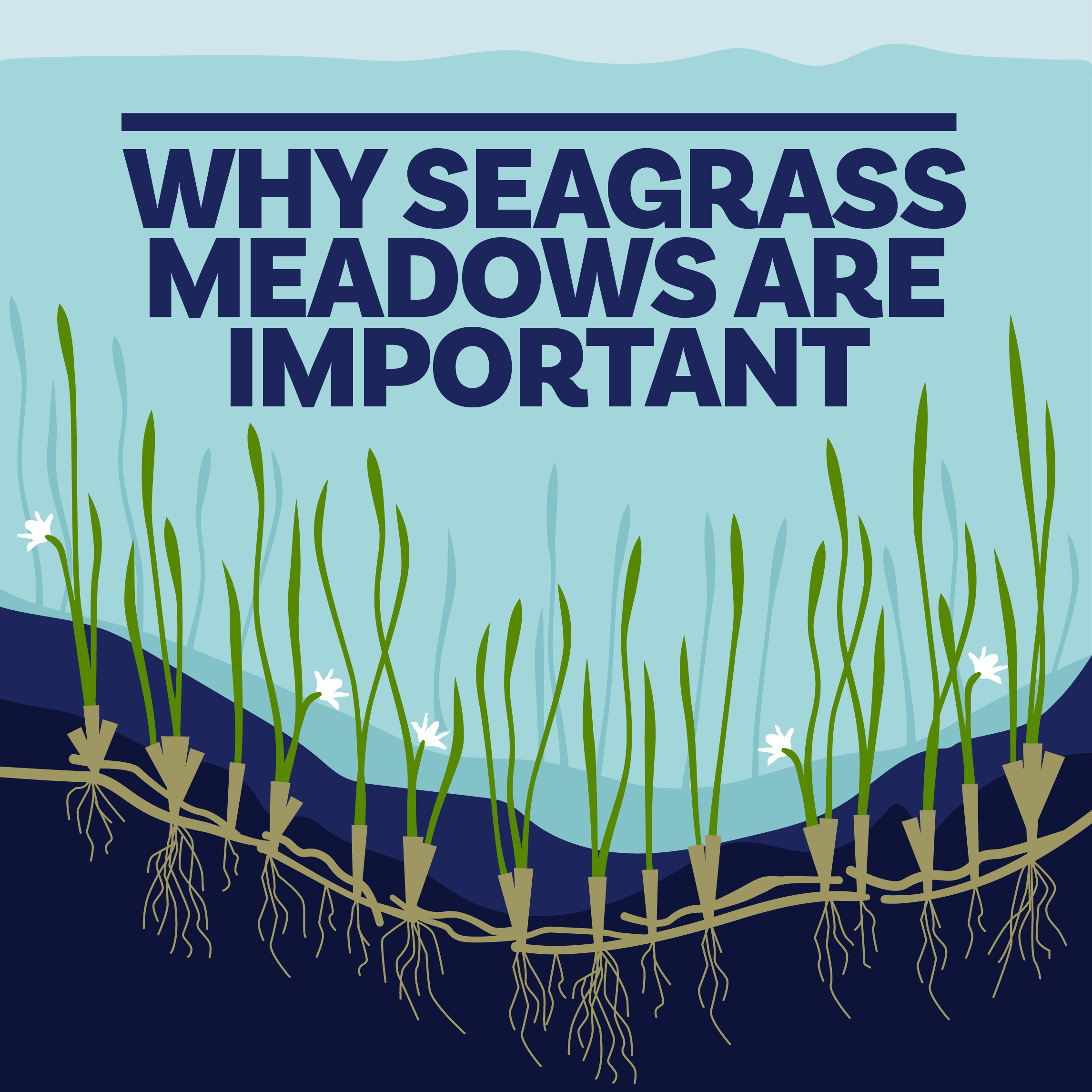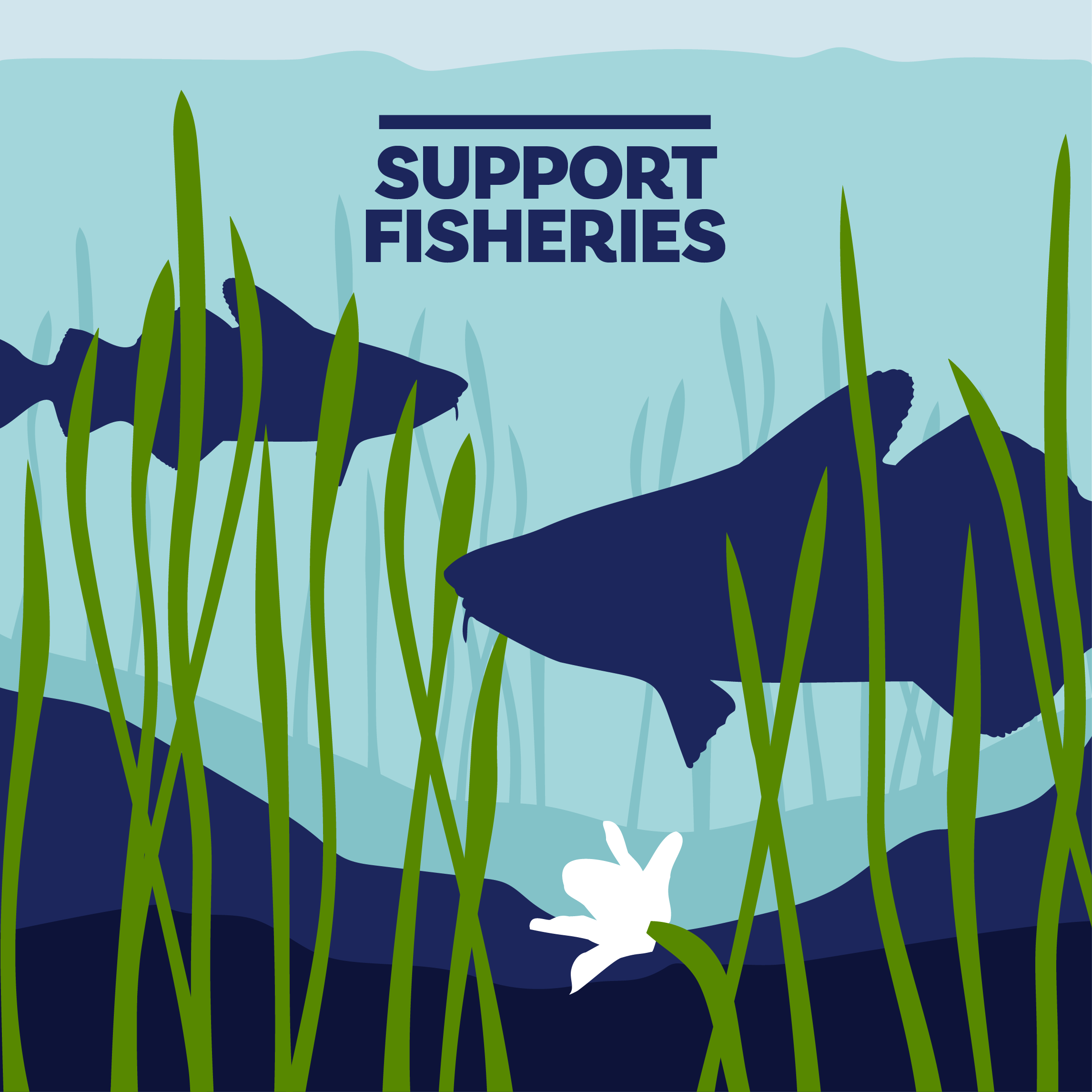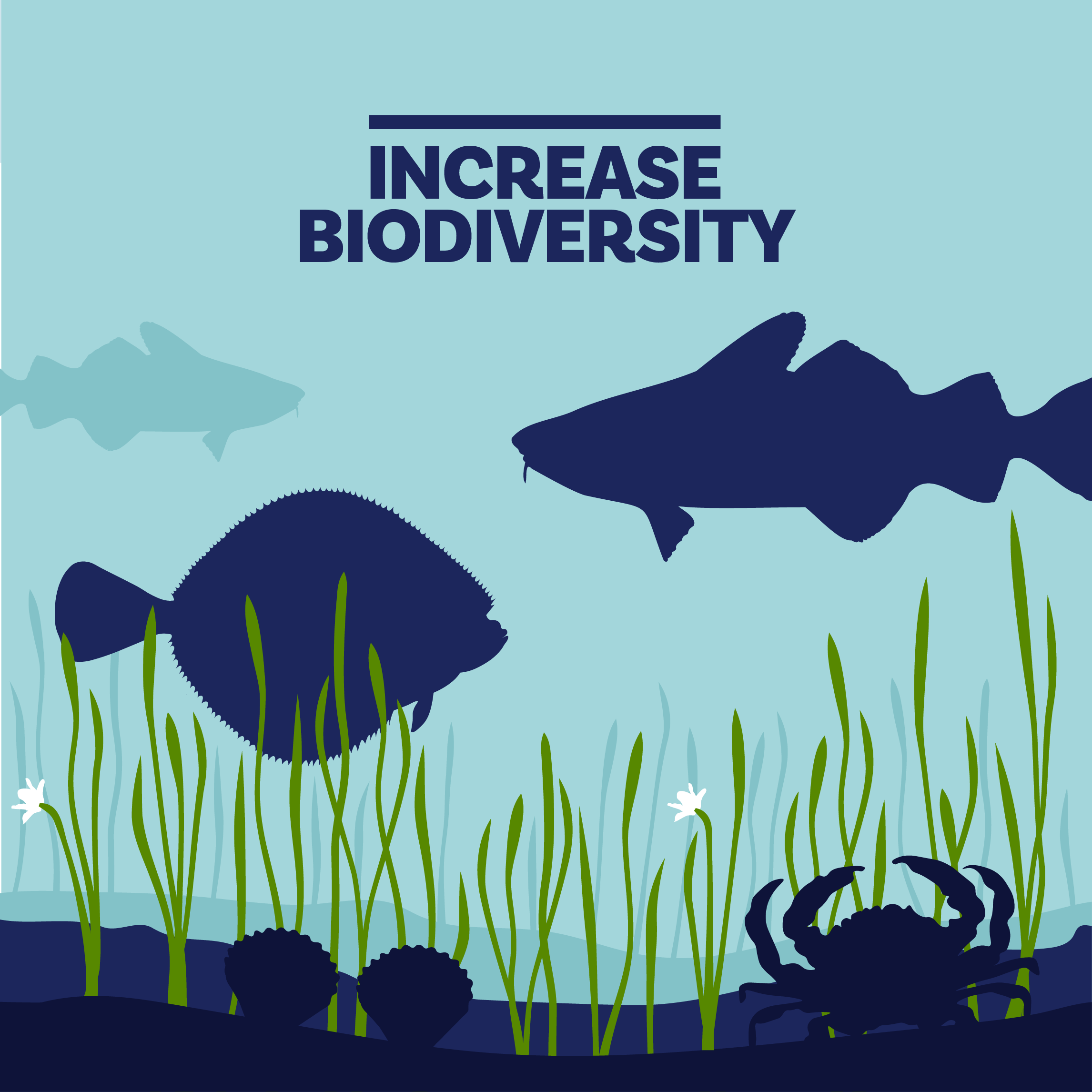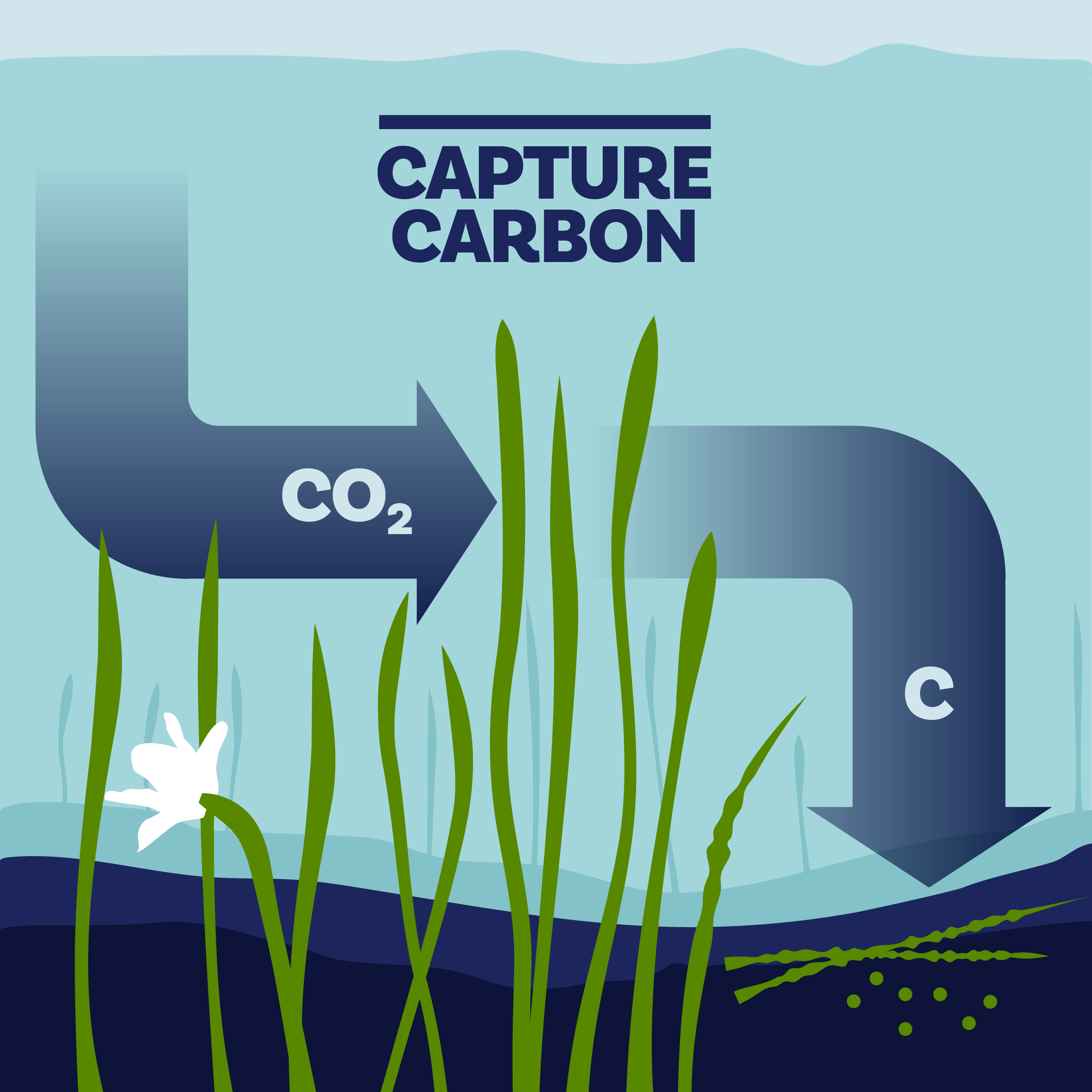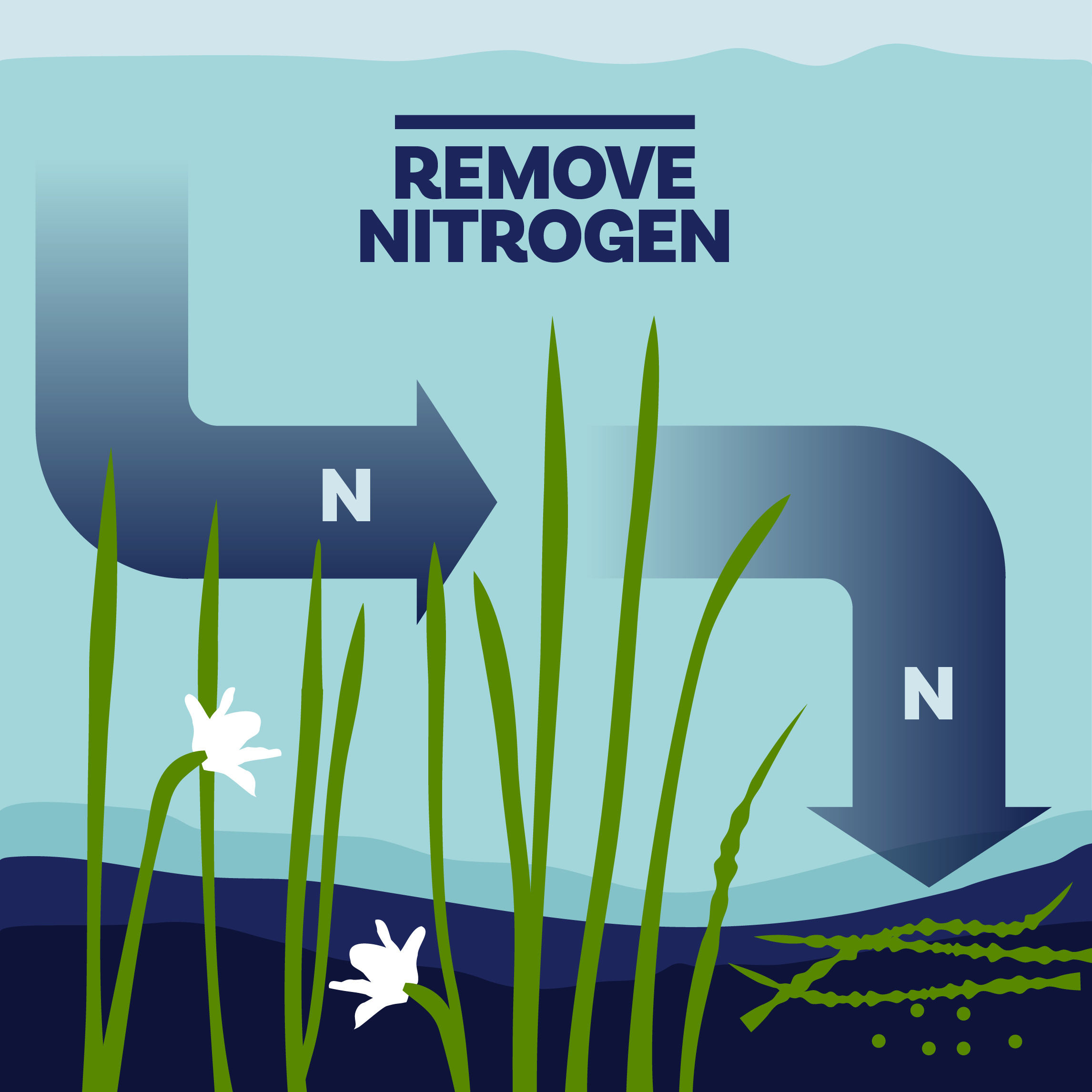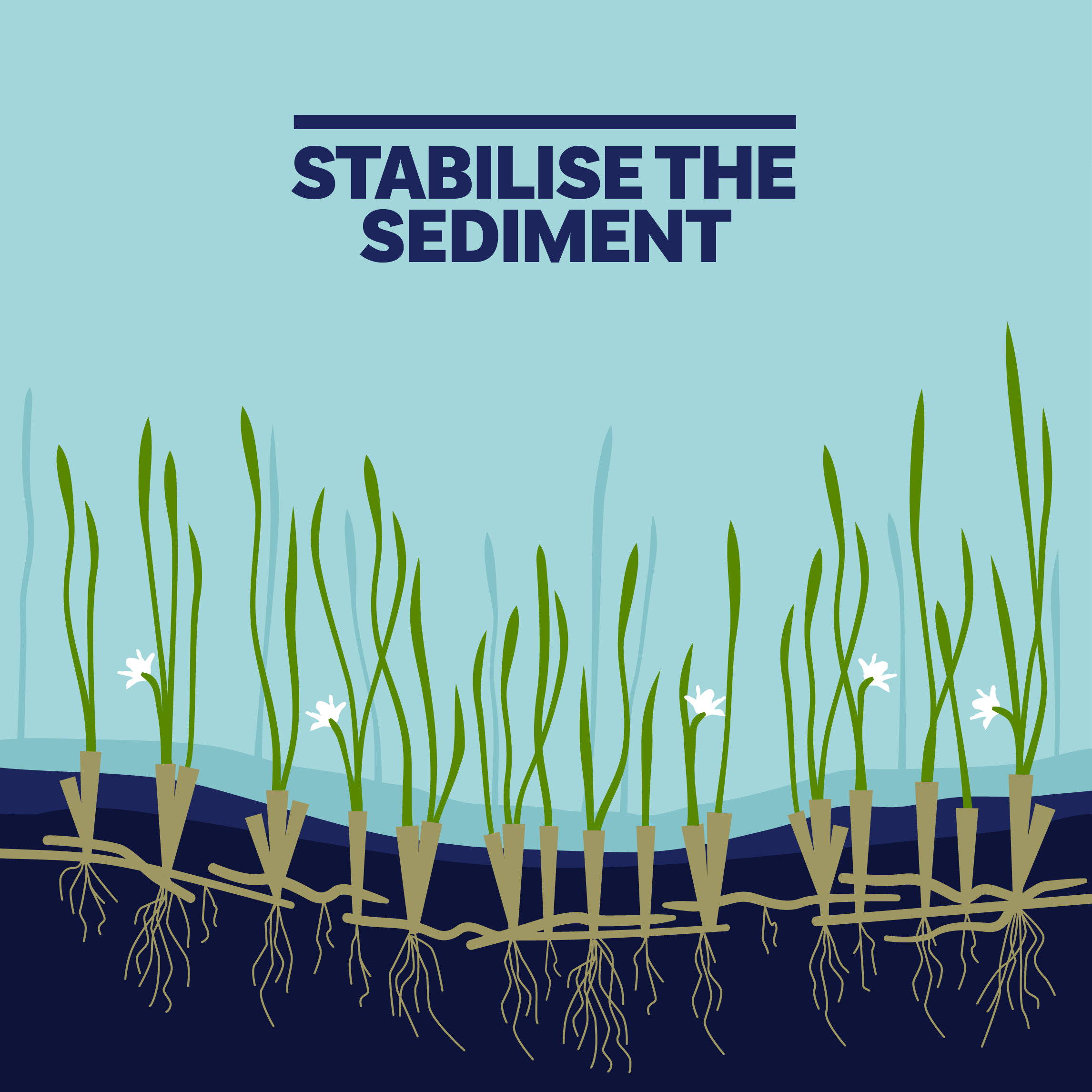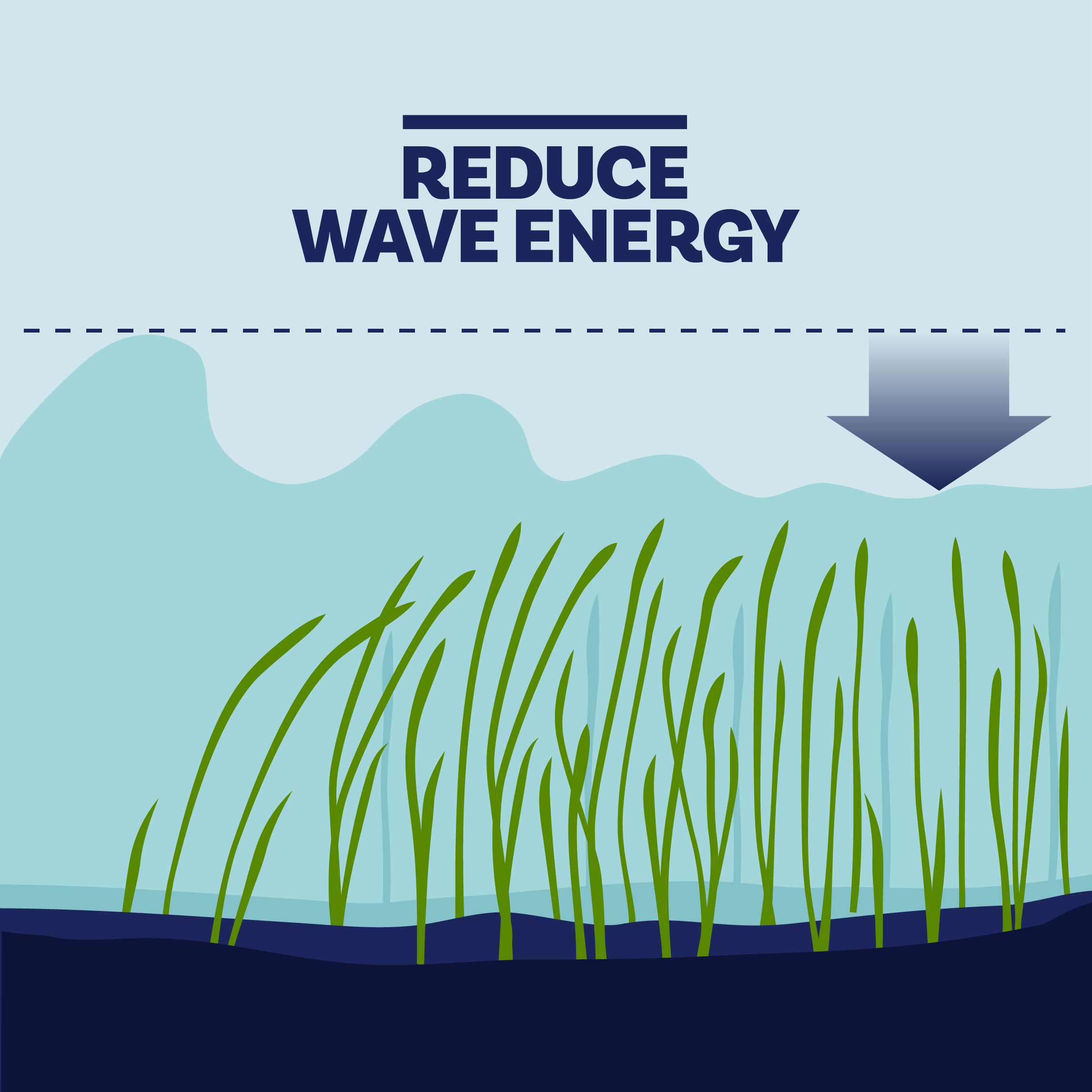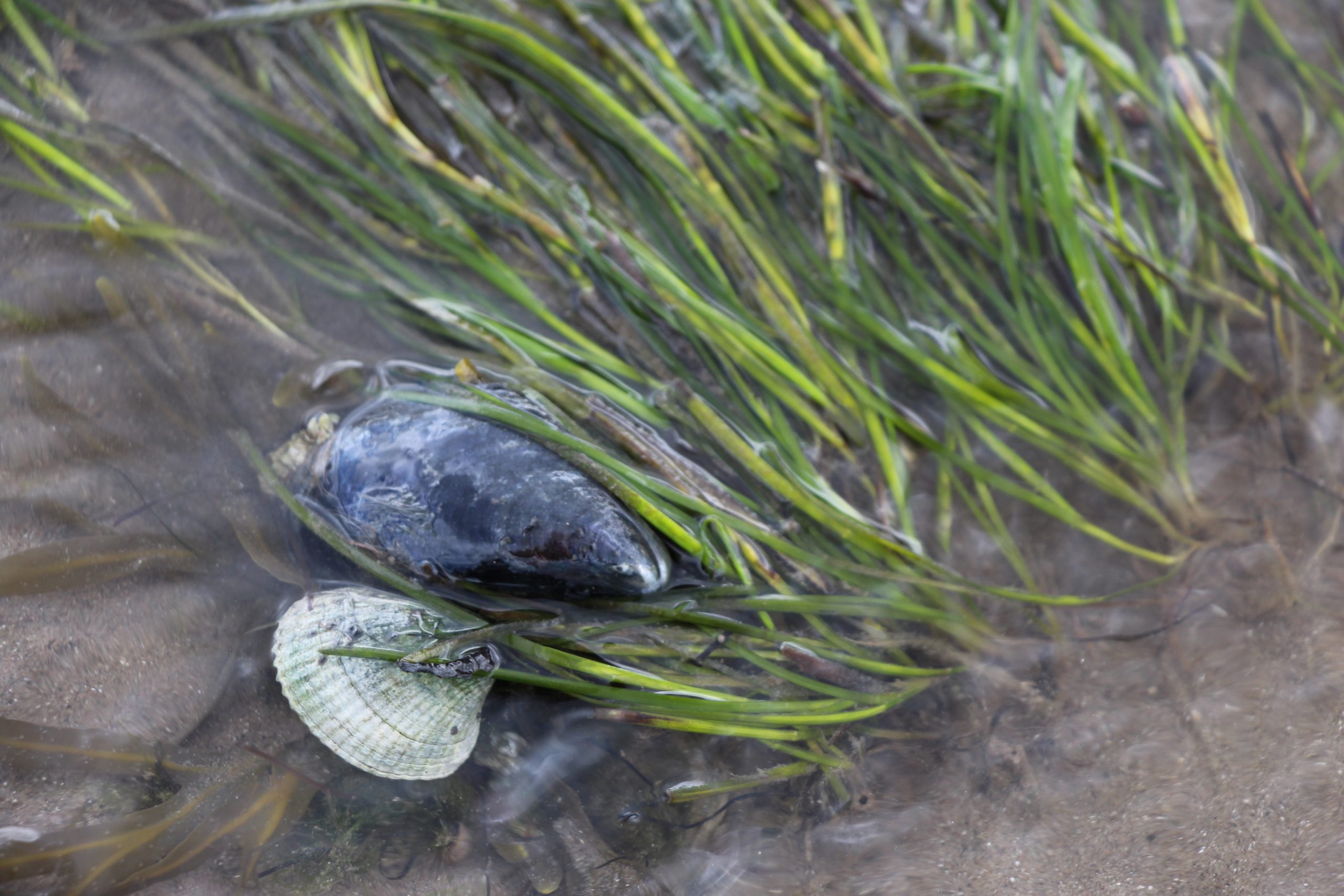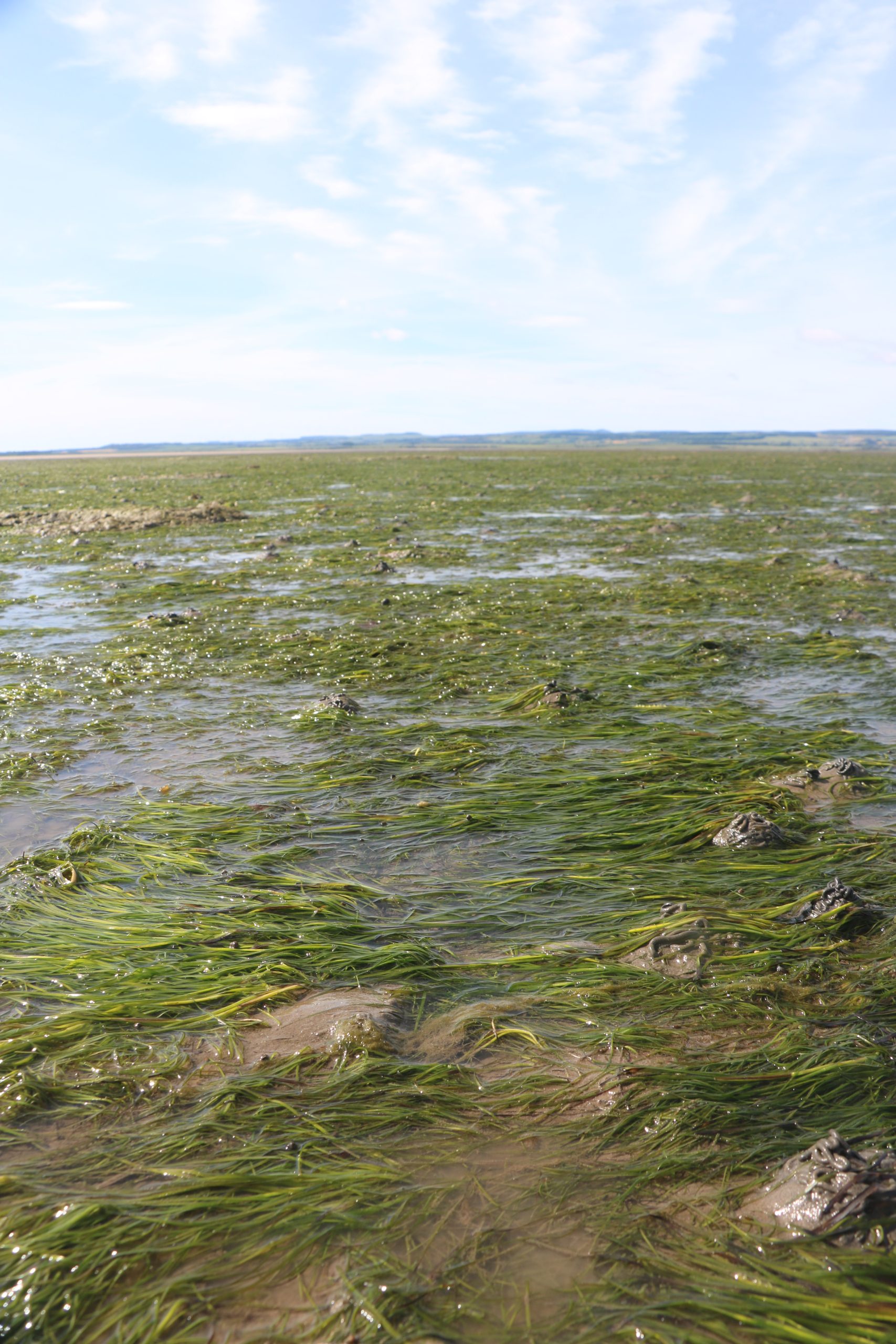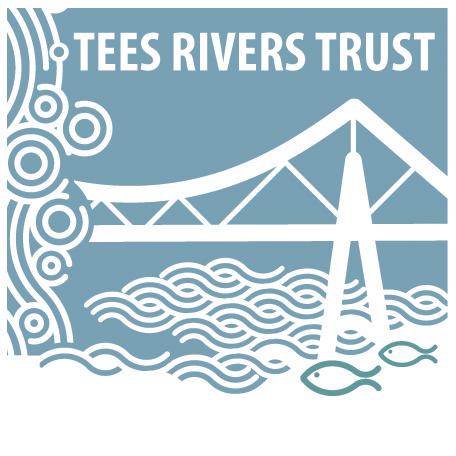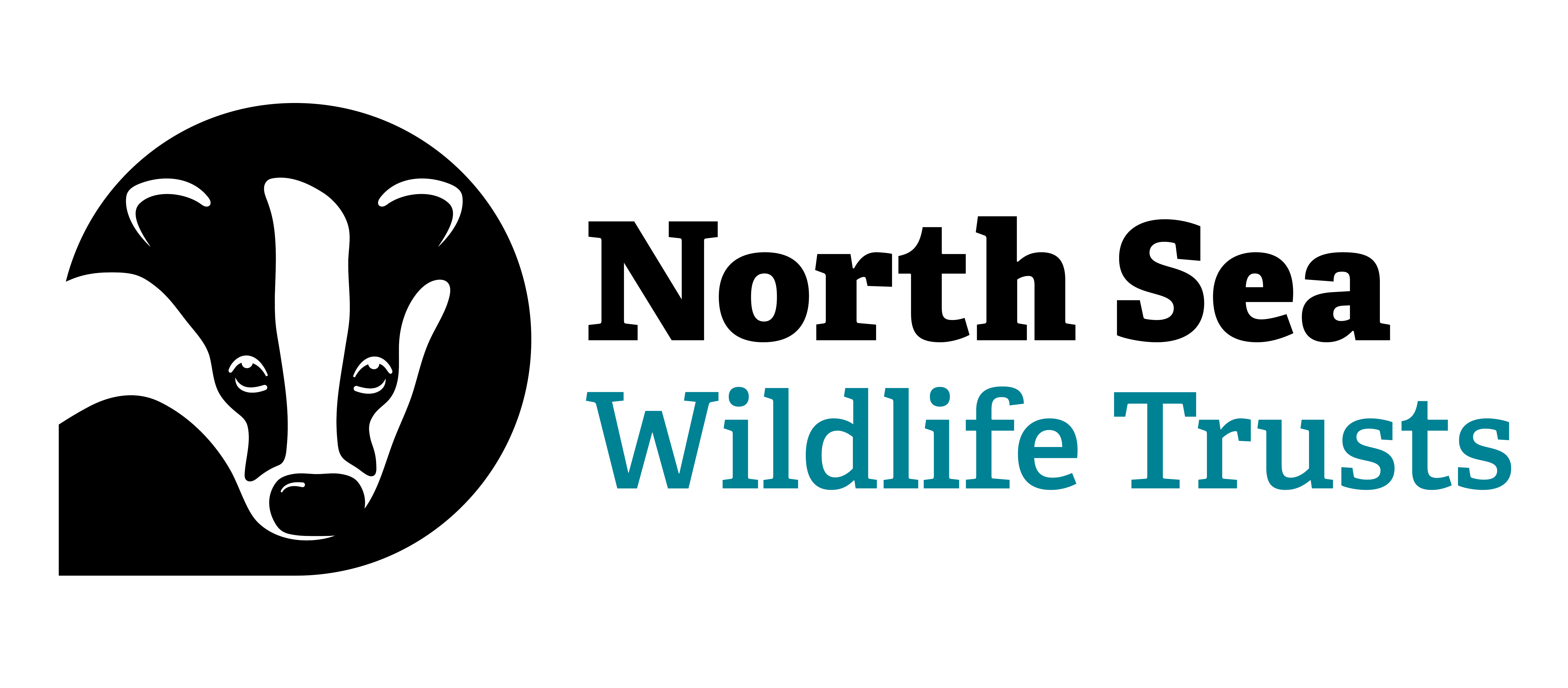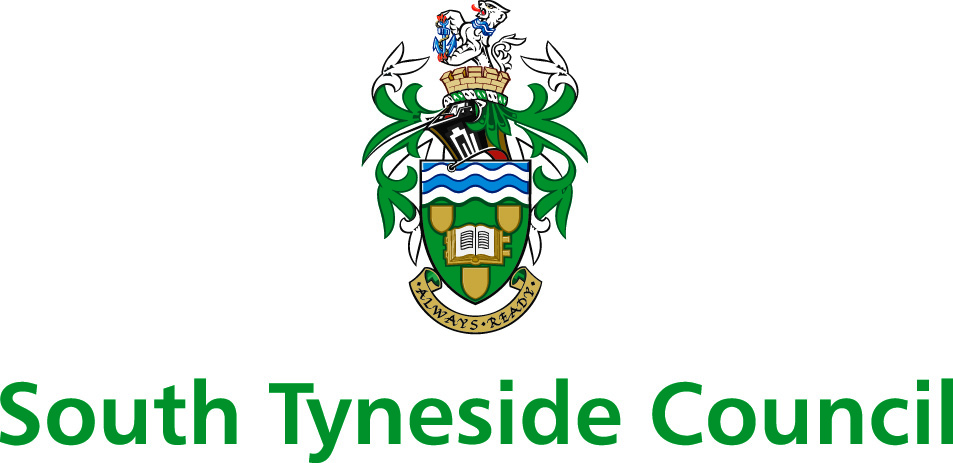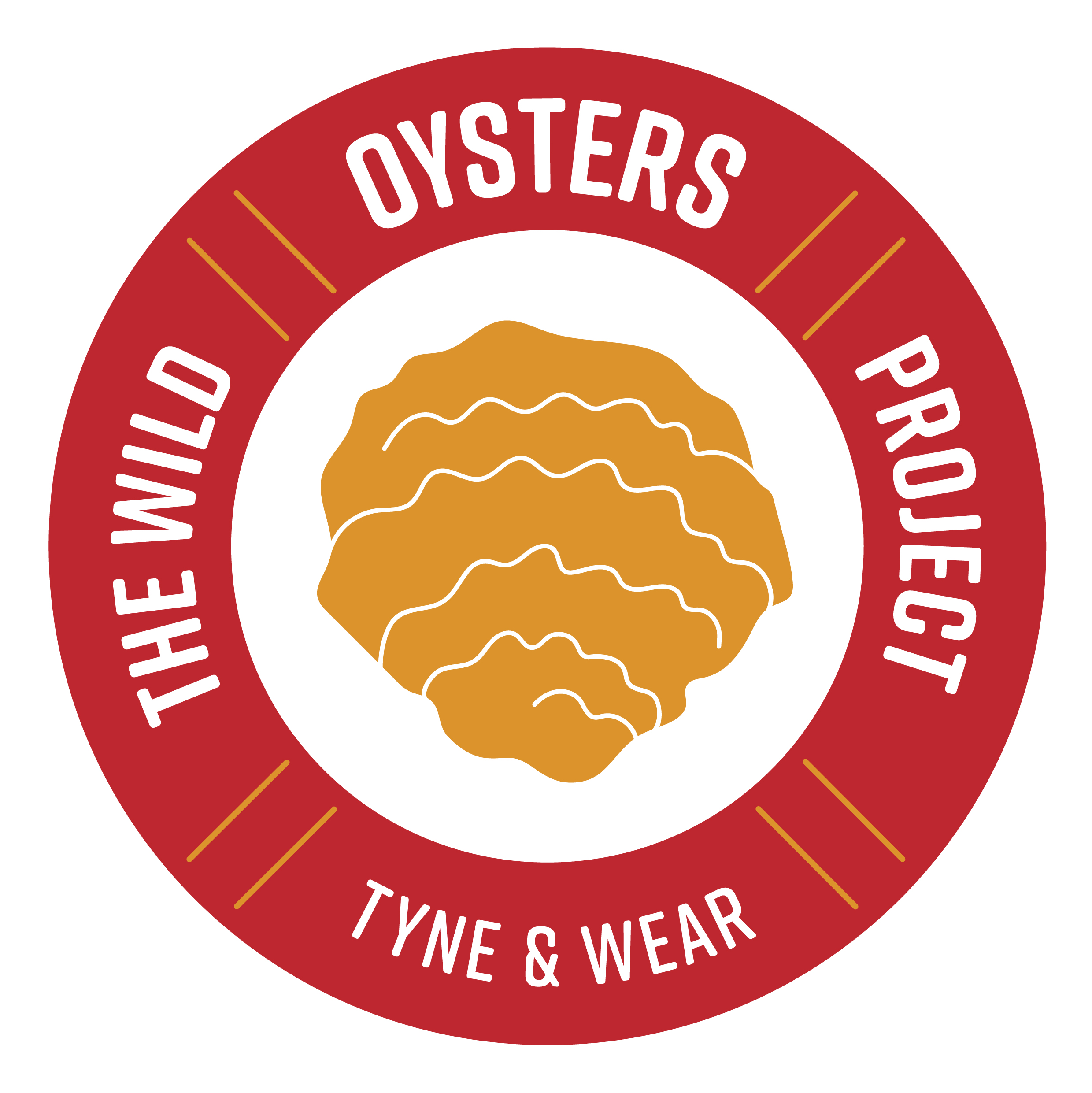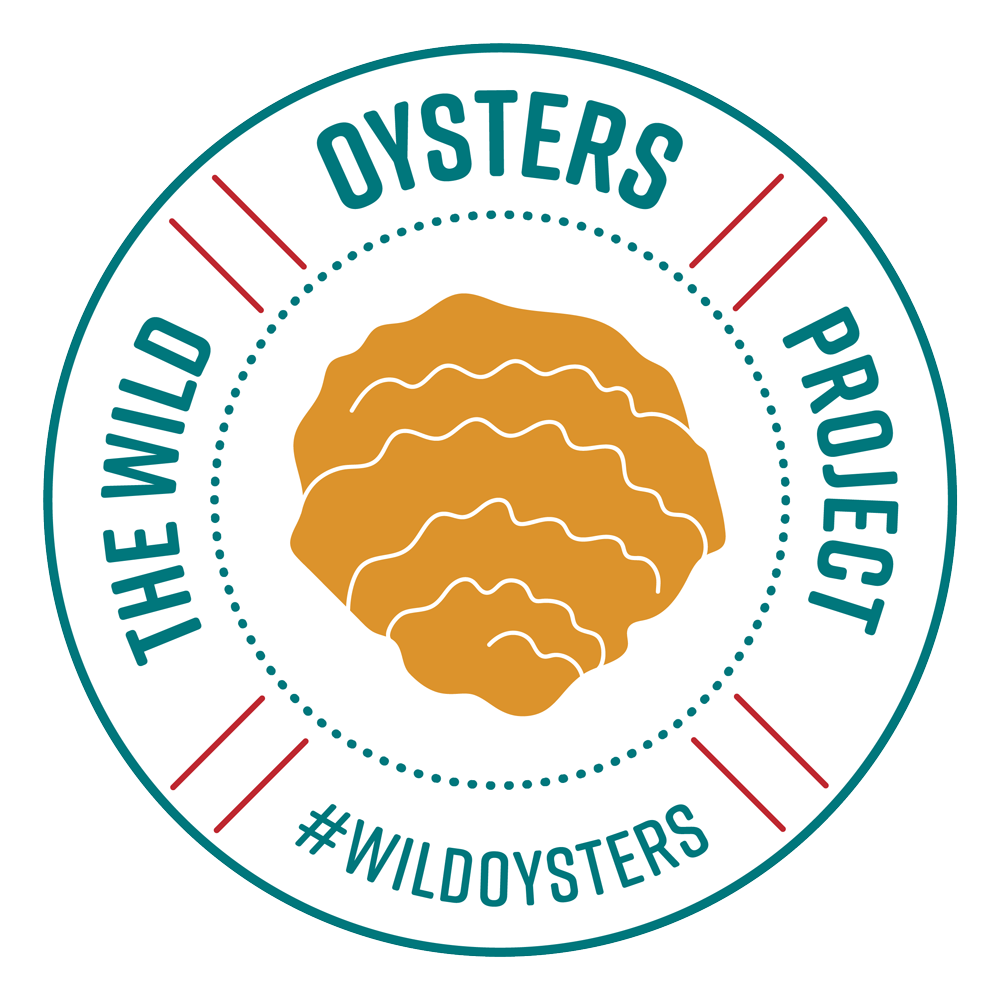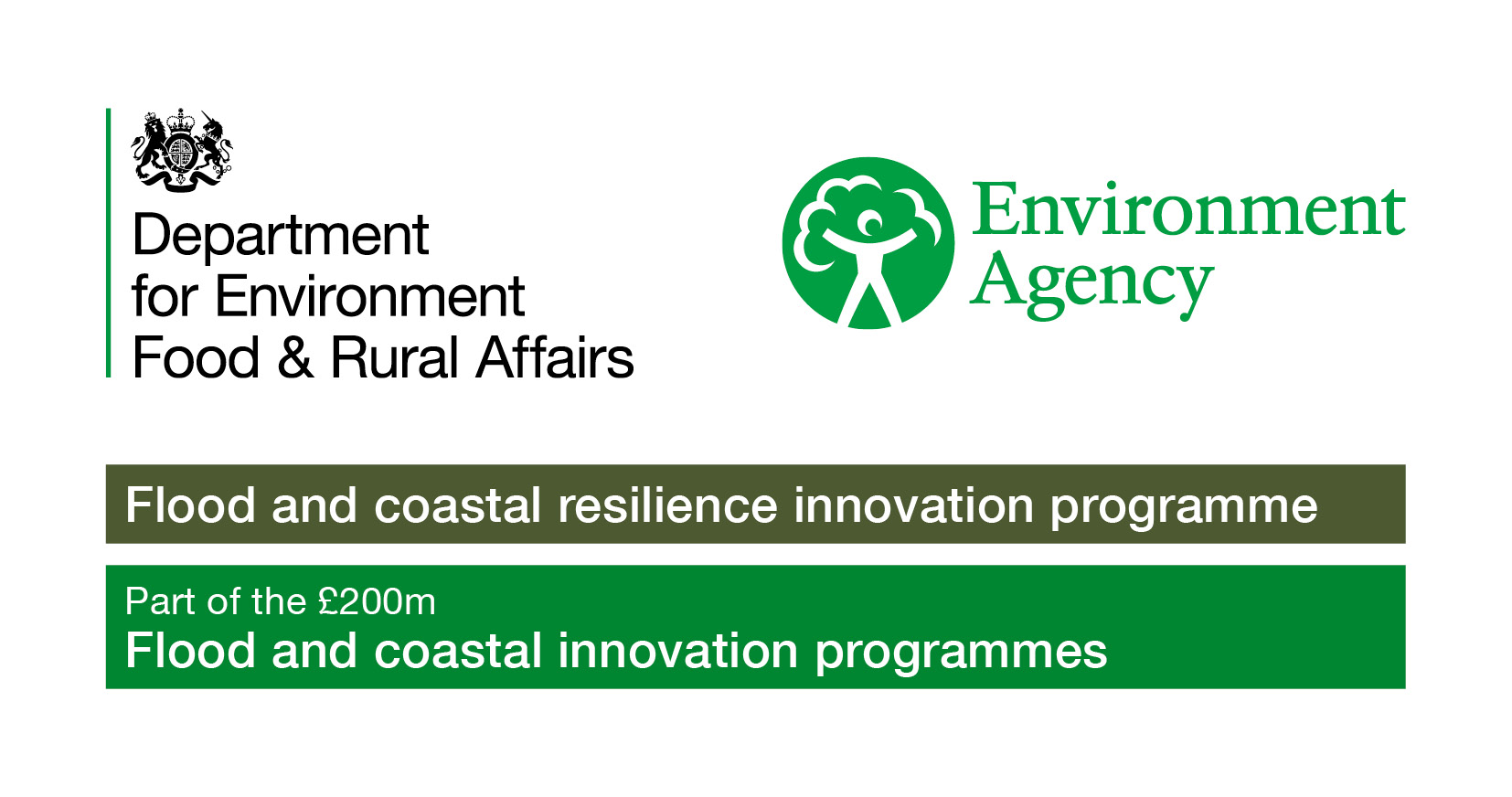How is the Stronger Shores Project helping to restore seagrass meadows?
Action is already underway to restore seagrass habitats in locations along the North East coastline. Tees Rivers Trust are testing ways to reintroduce seagrass at Teesmouth, an area where seagrass was last recorded over a century ago. Stronger Shores funding will provide support for the expansion of this work, with a target to plant two hectares within the next 5 years (that’s bigger than two football pitches!).
Stronger Shores funding will also support the expansion of Tees Rivers Trust’s seagrass nursery located on the Tees Estuary, providing a location to grow seagrass plants from seed in controlled and monitored conditions. The plants are grown in sediment and water supplied directly from the estuary so they are accustomed to natural conditions. Some of these plants will be transplanted to suitable sites within the estuary along with planted seeds and others will be kept back to produce seeds for the future, creating a self-sustaining population that can be used to supplement others. This, over time, will hopefully mean that North East England can have its very own seed stock from which to grow future seagrass. This facility can also be used to rot out seagrass spathes and store seeds.
The North Sea Wildlife Trust are also trialling seagrass restoration. They will be testing the survival of seagrass at multiple locations and will monitor the effects of this habitat on the water.

